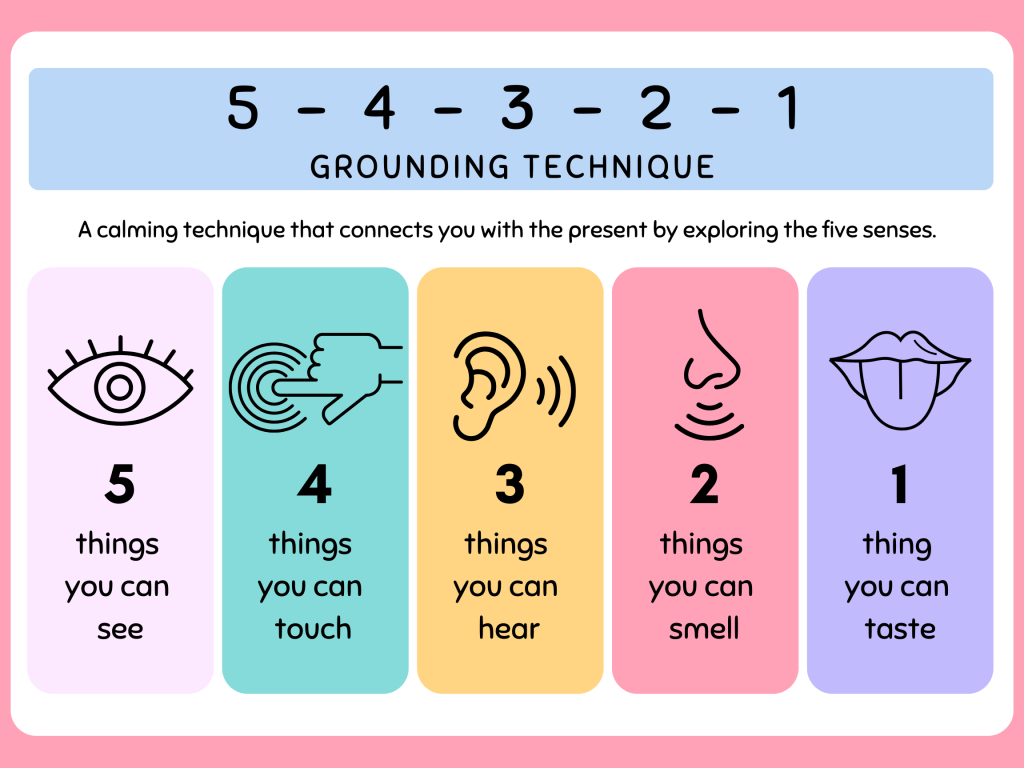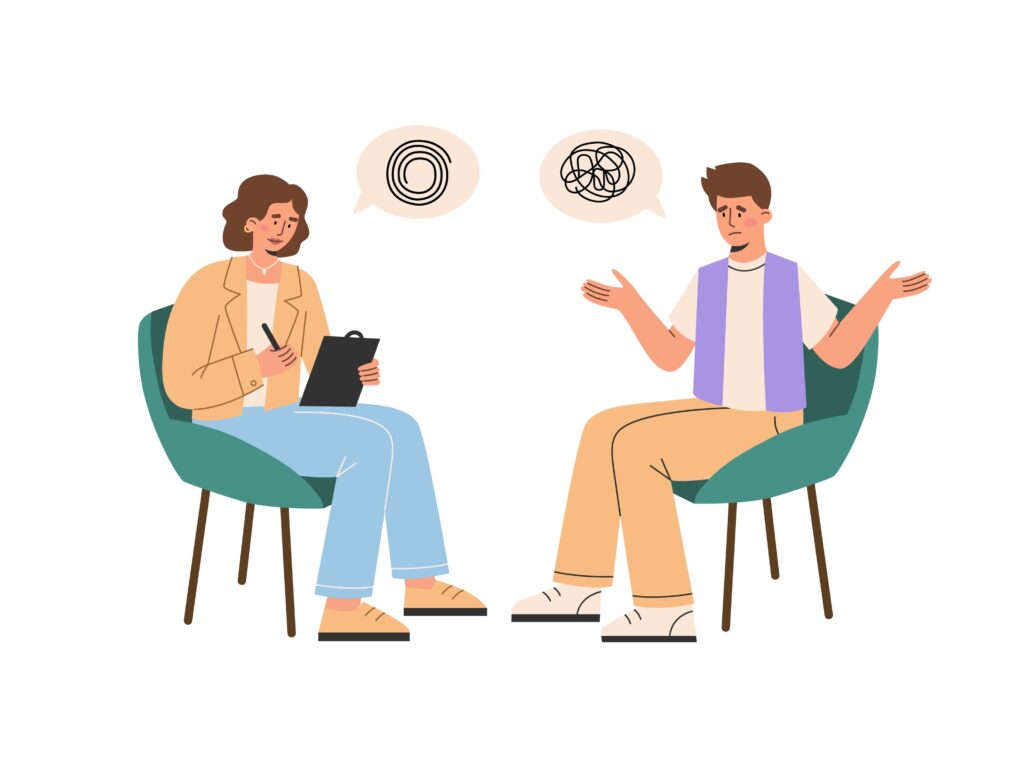Emotional Regulation Toolkit: Strategies for Navigating and Channeling Emotions
We all know that everyone has a hard time controlling their emotional responses sometimes, because it’s part of being human. But if this happens a lot, I hope that these regulation tools below may help you get out of your own negative emotions.
Deep breathing
When you feel emotionally overwhelmed, your body may kick into high gear due to the fight, flight, or freeze response that occurs, and you may also feel that you are unable to think logically and feel your emotions at the same time. In this scenario, continuous breathing, especially deep breathing, will help alleviate this situation. Research from 2018 shows that deep breathing activates the parasympathetic nervous system (your “rest and digest” mode), allowing your body to relax and restore balance.

Sensory grounding
When your emotions are running high, you may find it difficult to stay present in your body or physical environment. If this is what you’re feeling, you can try adjusting your five senses to stay grounded. This can include a variety of grounding strategies, such as splashing cold water on your face, singing or humming a song, or using a technique called progressive muscle relaxation.

Mindfulness activities
A 2019 study reported that practicing meditation for 13 minutes a day for 8 weeks could help improve people’s mood and emotion regulation abilities, among other things. Indeed, it turns out that mindfulness can actually change the stuff in your brain. Since our brains are neuroplastic, meaning they can change, grow, and adapt depending on how we use them, ongoing mindfulness allows the brain to communicate with the person a positive mindset all the time. However, if meditation isn’t your thing, you can also look into yoga, tai chi, gardening, or forest bathing as an alternative.

Practice accepting your emotions
People often label emotions as “negative” or “bad.” But doing so can add a layer of shame or guilt when you’re already feeling emotionally charged. Instead, what you should do is maintain an “observer” mentality. When you notice your emotions coming up, say to yourself, “Isn’t it interesting? I’m experiencing anger. I’m allowing it to be there, and I’ll get through it.” By changing perspective when dealing with emotions, you may find it helpful to process your feelings from a place of curiosity rather than judgment.

Seek professional support
When you feel like you can’t handle your emotions alone, you don’t have to continue going through it alone. What you should do is seek outside help. You may find it helpful to seek support from a therapist. Therapy has proven to be a great place to address this issue, as the therapist can help you unpack your triggers and address any unresolved trauma that may be causing your negative emotions.

Source
- Lebow, H. I. (2022, April 12). 6 Ways to manage your emotions and improve your mood. Psych Central. https://psychcentral.com/health/ways-to-manage-your-emotions#mental-health-support

